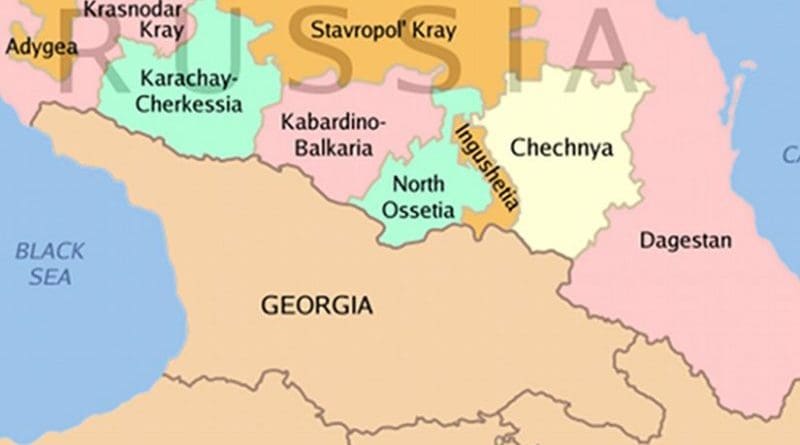Russia: Theological Explanations Of Islamist Radicalism Deeply Mistaken – OpEd
By Paul Goble
In a new book on Islamic radical movements in the Caucasus, a group of Russian scholars argue that efforts to explain Islamist movements by considering the theological positions of this or that trend within Islam are deeply mistaken because many radicals don’t know theology and come their radicalism independent of this or that doctrine.
One of the authors of the book, Enver Khizriyev, a specialist on the Caucasus at the Moscow Institute of African Studies, says that efforts to explain Islamist radicalism by searching for theological citations are not only wrong but have the effect of leading to incorrect conclusions about what is going on (kavkaz-uzel.eu/articles/305846/).
Adopting a civilizational approach, one that considers specific social situations, the influence of both internal and external factors, local history and changes in the world at large, provides a far better way to understanding why some Muslims become radicalized while others do not.
The new book, Radical Islamist Movements on the Political Map of the Present-Day World, Issue 2. North and South Caucasus (in Russian, Moscow: Academy, 2017, 610 pages, 300 copies), will soon go on sale in Moscow, one of its authors, Anatoly Savateyev of the Institute for African Studies says.
Savateyev tells Kavkaz-Uzel that “Islam has given a new meaning of life to former residents of the USSR.” After the Soviet collapse “a vacuum of ideas arose,” one that hit the peoples of the Caucasus especially hard especially because they were deeply attached to ideas of social justice common to Islam and Sovietism, values that capitalism rejected.
That rejection helped power Islamist radicalization as did events in Iran and Afghanistan, and Russian scholars have been trying to understand its causes and trajectories ever since. This latest work, the second in what is projected to be a multi-volume series, systematizes and generalizes on their research.
Khizriyev says that the volume is unified by a rejection of the theological approach often encountered in the past, “In many texts on this theme,” he says, “one can uncover the position that this or that Islamic theological doctrine directly motivates its supporters to acts of political radicalism.”
That is seldom the case and has the effect of making Islamism a product of Islam rather than being a product of Islam’s interaction with a variety of social and political factors, the scholar says. Indeed, he says, “offering particular citations from the Koran to show the origin of Islamist movements is a profanation of scientific research.”
Naima Neflyasheva, a senior scholar at the Center for Civilizational and Regional Research at the Institute of Africa and a blogger for Kavkaz-Uzel, agrees. The radicalization of young people reflects “a number of factors, ‘from social lifts that don’t work to clans,, from poor education including Islamic to the crisis of traditional ethnic ideologies.”
Other factors at work, she continues, include “the aggressive presence of radical groups on the Internet and their impact on young people to the dominance of an approach based on force … and questions about relations with the so-called ‘new Muslims’ and Caucasuso-phobia, which is present in latent form in the media.”

